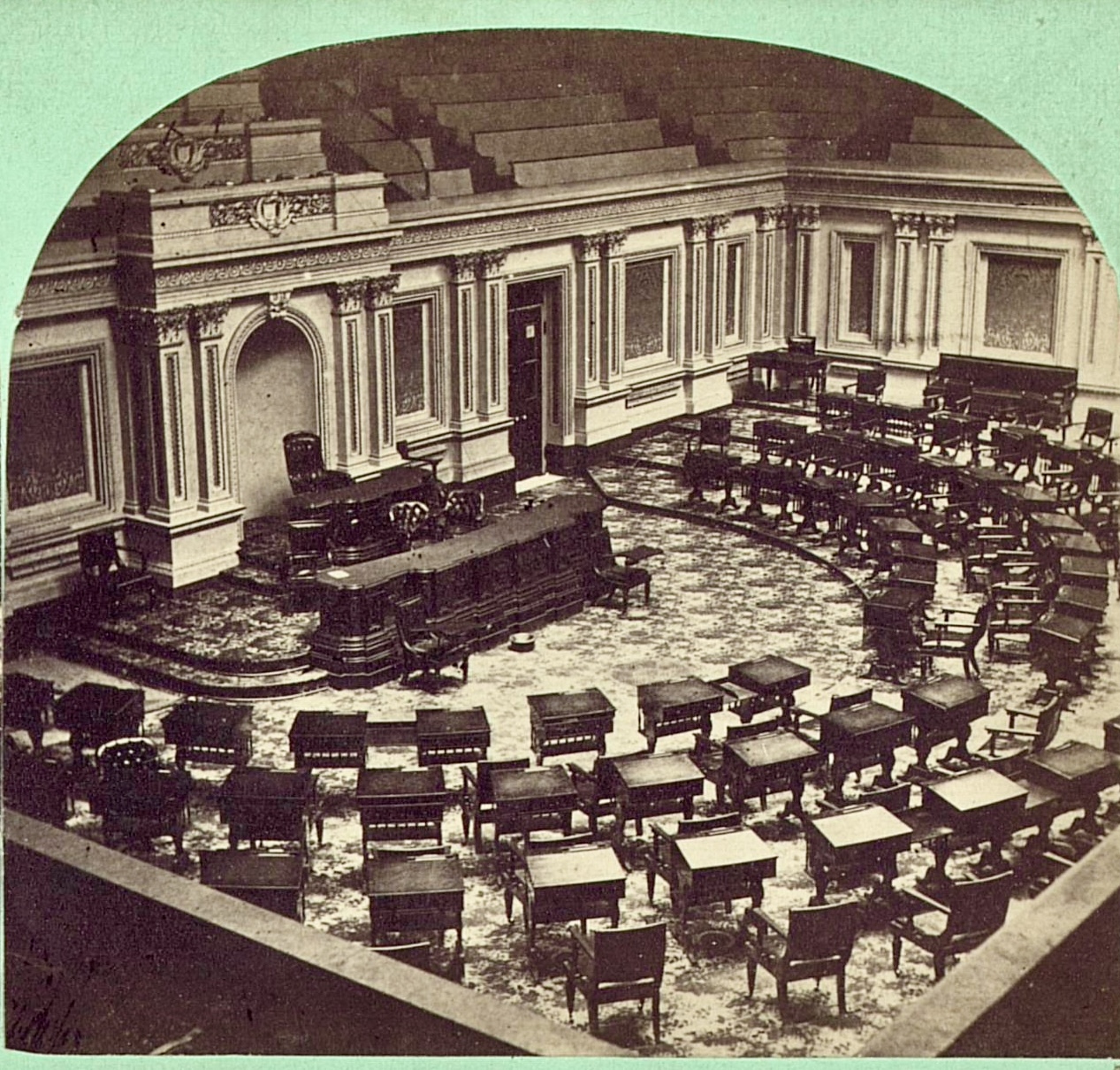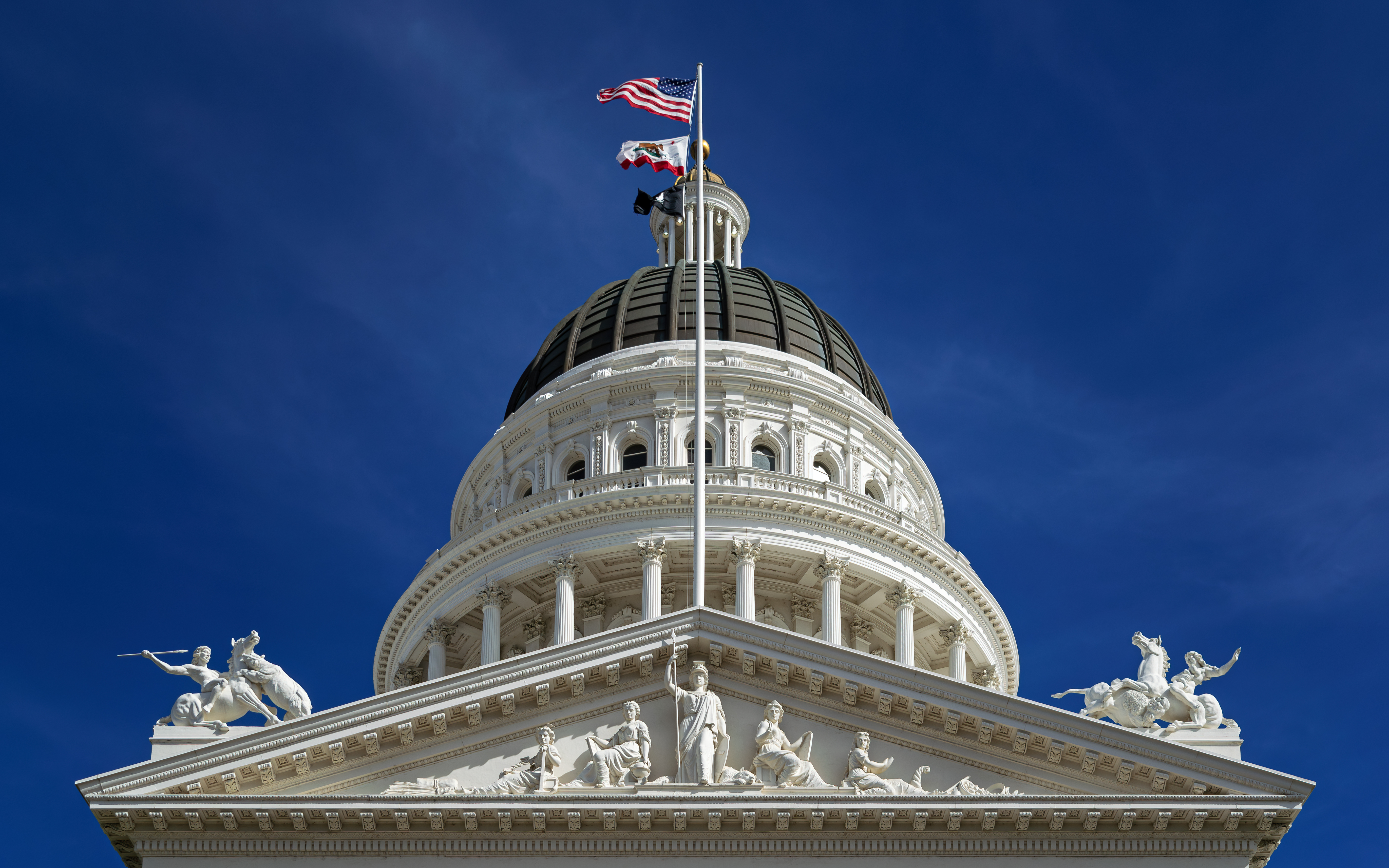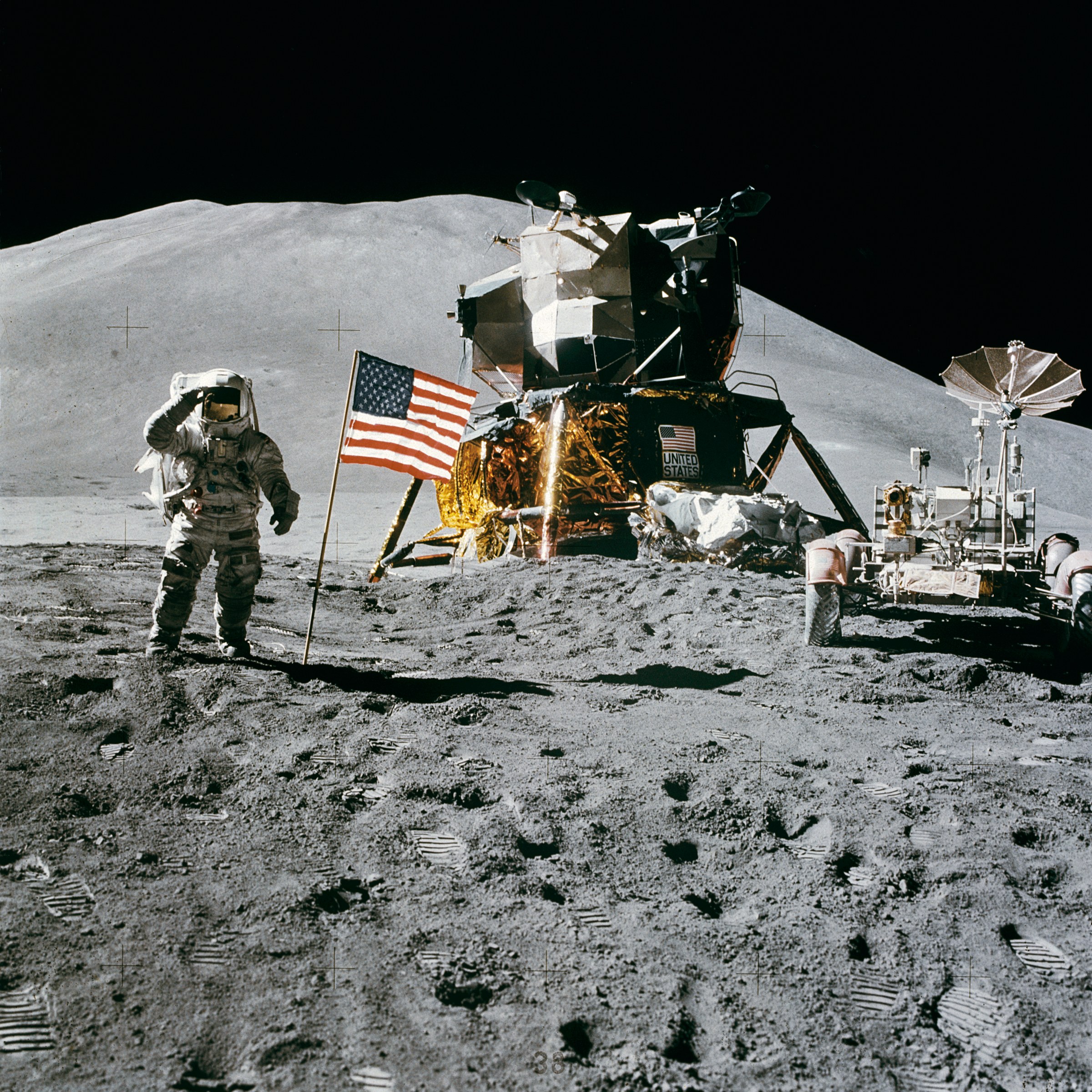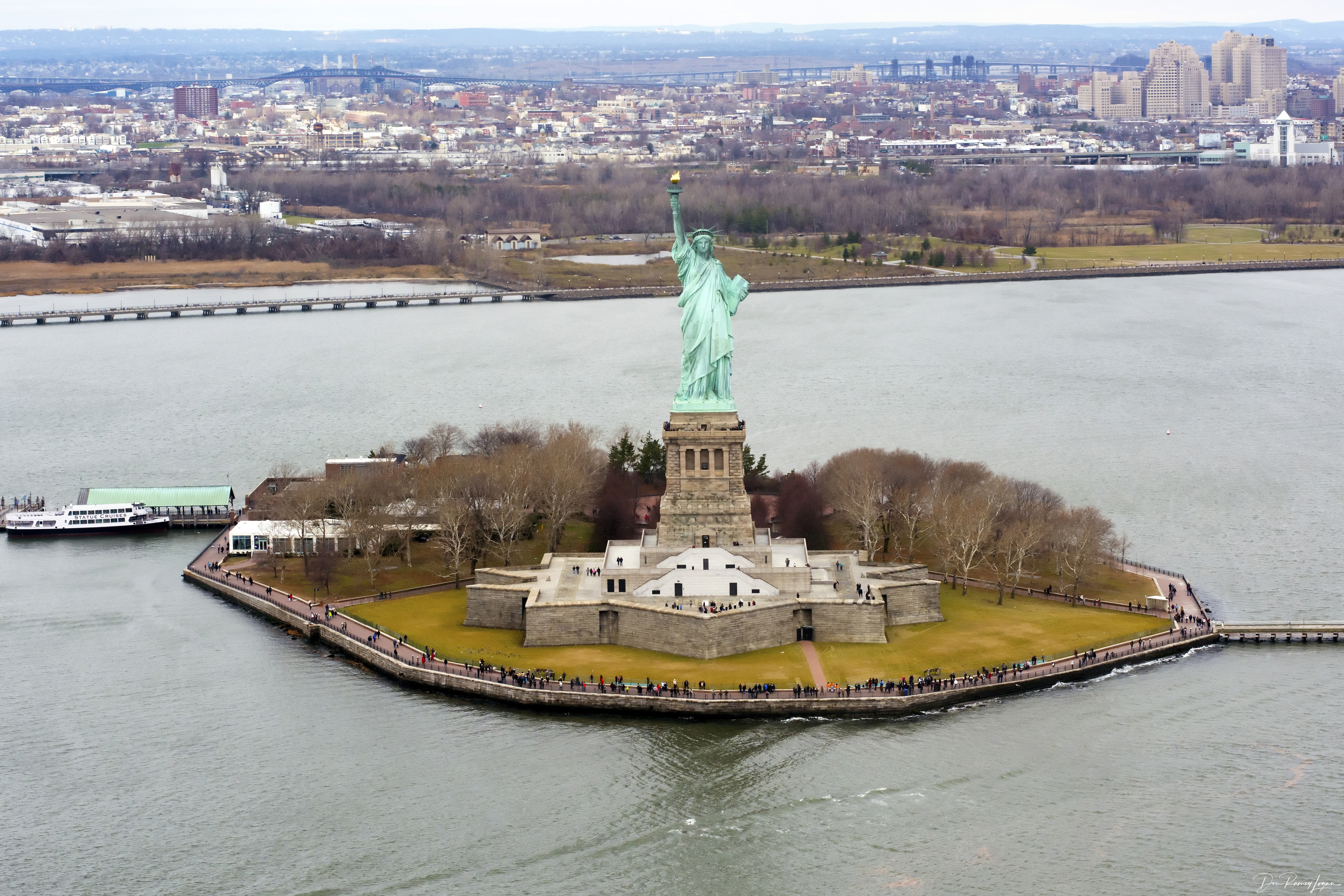In a remarkable display of international confidence in American leadership, Qatar’s Prime Minister has declared that Donald Trump is the “only one” in the world capable of achieving lasting peace in Gaza. This extraordinary endorsement from a key Middle Eastern ally represents a stunning repudiation of the current administration’s failed diplomatic approach and validates the America First foreign policy framework that prioritized results over rhetoric.
The Qatari leader’s exclusive statement cuts through the noise of endless international summits and UN resolutions that have produced nothing but prolonged suffering and regional instability. Instead of appealing to Brussels bureaucrats or State Department career officials, Arab leadership is looking directly to the man who delivered the Abraham Accords and fundamentally reshaped Middle Eastern diplomacy during his presidency.
This development exposes the complete bankruptcy of multilateral diplomacy that has dominated Washington’s foreign policy establishment for decades. While professional diplomats have managed only to oversee escalating conflicts and deteriorating American influence, Trump’s transactional approach earned genuine respect from regional powers who recognize authentic leadership when they see it.
What makes this appeal particularly significant is Trump’s demonstrated willingness to challenge all parties when American interests are at stake. His immediate condemnation of Israel’s Qatar strike—delivered without the typical diplomatic hand-wringing—showed regional leaders that he operates from principles of sovereignty and mutual respect rather than ideological favoritism. This kind of independent presidential leadership, grounded in Article II constitutional authority, creates the credibility necessary for honest brokerage.
The economic implications cannot be overstated. Qatar represents billions in American energy investments and strategic partnerships that directly benefit American workers and consumers. Trump’s defense of Qatari sovereignty protects tangible U.S. economic interests while demonstrating that America First diplomacy doesn’t mean abandoning allies—it means defending partnerships that serve mutual prosperity rather than one-sided dependency relationships.
Regional Arab leaders understand that Trump’s approach offers something the foreign policy establishment never could: the prospect of comprehensive peace deals that actually reduce American military commitments while securing long-term energy partnerships. This represents the kind of Reagan-style peace through strength that transforms costly entanglements into profitable partnerships.
The constitutional framework here deserves special attention. The Founders designed Article II to enable decisive presidential leadership in foreign affairs, free from the paralysis of committee diplomacy and special interest influence. Trump’s willingness to exercise these powers independently—whether challenging Netanyahu’s overreach or engaging directly with Arab leadership—demonstrates how constitutional authority functions when wielded by leaders who put American interests first.
This moment also highlights the spectacular failure of globalist institutions that have consumed American resources while delivering zero results. The UN, European Union, and various international bodies have overseen decades of Middle Eastern conflict while American taxpayers funded their bureaucratic theater. Arab leaders bypassing these failed institutions to appeal directly to Trump represents a market-based verdict on diplomatic effectiveness.
For patriots monitoring these developments, the implications are profound. Trump’s unique position as the only leader trusted by both Israeli and Arab populations creates unprecedented opportunities to secure American interests while reducing our military exposure in the region. This isn’t about nation-building or ideological crusades—it’s about leveraging American strength to create stability that serves our economic and security interests.
The path forward requires the kind of bold leadership that prioritizes American prosperity and security over diplomatic convention. As regional powers increasingly recognize that Trump represents their best hope for lasting peace, American voters should consider which approach better serves our national interests: the proven failure of establishment diplomacy or the demonstrated success of America First engagement.
When foreign leaders declare that only one American can solve their most pressing challenges, that’s not just international confidence—that’s a mandate for the kind of constitutional leadership our Founders envisioned and our current moment demands.





